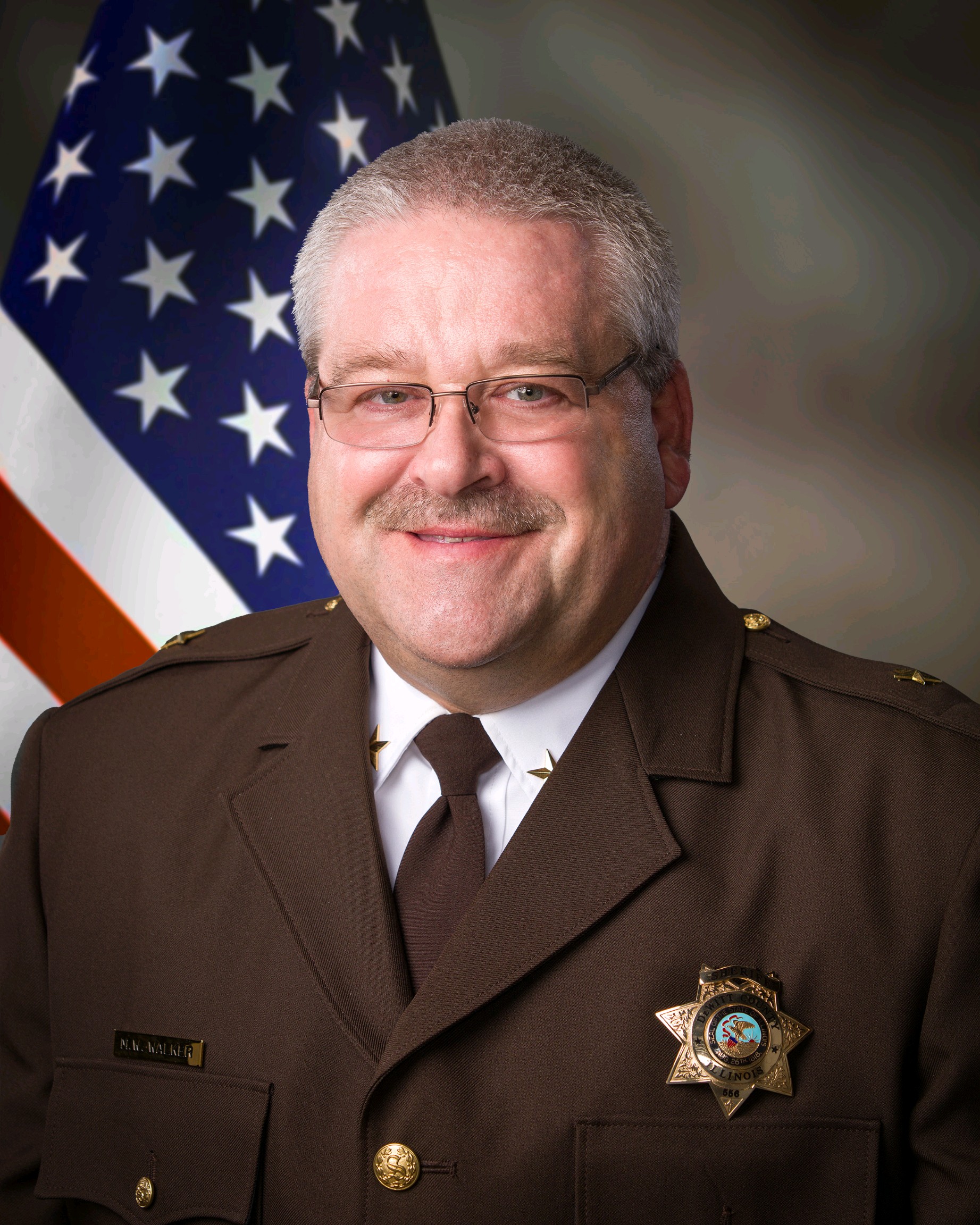PHOENIX (AP) — An Arizona grand jury has indicted former President Donald Trump ‘s chief of staff Mark Meadows, lawyer Rudy Giuliani and 16 others for their efforts to use so-called fake electors to try to overturn Trump’s loss to Joe Biden in the 2020 presidential election.
The indictment released Wednesday names 11 Republicans who submitted a document to Congress falsely declaring that Trump won Arizona in 2020, including the former state party chair, a 2022 U.S. Senate candidate and two sitting state lawmakers. They’re charged with nine counts each of conspiracy, fraud and forgery. The identities of seven other defendants, including Giuliani and Meadows, were not immediately released because they had not yet been served with the charges.
Trump, who is described in the indictment as an unindicted co-conspirator, has argued that he can’t be prosecuted for acts he committed while serving as president. The U.S. Supreme Court on Thursday will hear arguments on his bid to avoid federal prosecution over his efforts to reverse his loss.
With the indictments, Arizona becomes the fourth state where allies of the former president have been charged with using false or unproven claims about voter fraud related to the election. Heading into a likely November rematch with Biden, Trump continues to spread lies about the last election that are echoed by many of his supporters.
“I will not allow American democracy to be undermined,” Democratic state Attorney General Kris Mayes said in a video released by her office. “It’s too important.”
The Associated Press was able to determine the identities of the unnamed defendants based on their descriptions in the document.
One is an attorney “who was often identified as the Mayor” and spread false allegations of election fraud, which clearly describes Giuliani. Another is Trump’s “ chief of staff in 2020,” which describes Meadows.
Descriptions of other unnamed defendants point to Mike Roman, who was Trump’s director of Election Day operations; John Eastman, a lawyer who devised a strategy to try to persuade Congress not to certify the election; and Christina Bobb, a lawyer who worked with Giuliani. Eastman and Bobb did not respond to text messages seeking comment, nor did a lawyer who is representing Roman in a case in Georgia.
George Terwilliger, a lawyer representing Meadows, said he had not yet seen the indictment but if Meadows is named, “it is a blatantly political and politicized accusation and will be contested and defeated.” Giuliani’s political adviser, Ted Goodman, decried what he called “the continued weaponization of our justice system.”
The 11 people who had been nominated to be Arizona’s Republican electors met in Phoenix on Dec. 14, 2020, to sign a certificate saying they were “duly elected and qualified” electors and claiming that Trump carried the state. A one-minute video of the signing ceremony was posted on social media by the Arizona Republican Party at the time. The document was later sent to Congress and the National Archives, where it was ignored.
Biden won Arizona by more than 10,000 votes. Of the eight lawsuits that unsuccessfully challenged Biden’s victory in the state, one was filed by the 11 Republicans who would later sign the certificate declaring Trump as the winner.
Their lawsuit asked a judge to de-certify the results that gave Biden his victory in Arizona and block the state from sending them to the Electoral College. In dismissing the case, U.S. District Judge Diane Humetewa said the Republicans lacked legal standing, waited too long to bring their case and “failed to provide the court with factual support for their extraordinary claims.”
Days after that lawsuit was dismissed, the 11 Republicans participated in the certificate signing.
The Arizona charges come after a string of indictments against fake electors in other states.
In December, a Nevada grand jury indicted six Republicans on felony charges of offering a false instrument for filing and uttering a forged instrument in connection with false election certificates. They have pleaded not guilty.
Michigan’s Attorney General in July filed felony charges that included forgery and conspiracy to commit election forgery against 16 Republican fake electors. One had charges dropped after reaching a cooperation deal, and the 15 remaining defendants have pleaded not guilty.
Three fake electors also have been charged in Georgia alongside Trump and others in a sweeping indictment accusing them of participating in a wide-ranging scheme to illegally overturn the results. They have pleaded not guilty.
In Wisconsin, 10 Republicans who posed as electors settled a civil lawsuit, admitting their actions were part of an effort to overturn Biden’s victory. There is no known criminal investigation in Wisconsin.
Trump also was indicted in August in federal court over the fake electors scheme. The indictment states that when Trump was unable to persuade state officials to illegally swing the election, he and his Republican allies began recruiting a slate of fake electors in battleground states — Arizona, Georgia, Michigan, New Mexico, Nevada, Pennsylvania and Wisconsin — to sign certificates falsely stating he, not Biden, had won their states.
In early January, New Mexico Attorney General Raúl Torrez said that state’s five Republican electors cannot be prosecuted under the current law. In New Mexico and Pennsylvania, fake electors added a caveat saying the election certificate was submitted in case they were later recognized as duly elected, qualified electors. No charges have been filed in Pennsylvania.
In Arizona, Mayes’ predecessor, Republican Mark Brnovich, conducted an investigation of the 2020 election, but the fake elector allegations were not part of that examination, according to Mayes’ office.
In another election-related case brought by Mayes’ office, two Republican officials in a rural Arizona county who delayed canvassing the 2022 general election results face felony charges. A grand jury indicted Cochise County Supervisors Peggy Judd and Tom Crosby in November on one count each of conspiracy and interference with an election officer. Both pleaded not guilty.
The Republicans facing charges are Kelli Ward, the state GOP’s chair from 2019 until early 2023; state Sen. Jake Hoffman; Tyler Bowyer, an executive of the conservative youth organization Turning Point USA who serves on the Republican National Committee; state Sen. Anthony Kern, who was photographed in restricted areas outside the U.S. Capitol during the Jan. 6 attack and is now a candidate in Arizona’s 8th Congressional District; Greg Safsten, a former executive director of the Arizona Republican Party; energy industry executive James Lamon, who lost a 2022 Republican primary for a U.S. Senate seat; Robert Montgomery, chairman of the Cochise County Republican Committee in 2020; Samuel Moorhead, a Republican precinct committee member in Gila County; Nancy Cottle, who in 2020 was the first vice president of the Arizona Federation of Republican Women; Loraine Pellegrino, past president of the Ahwatukee Republican Women; and Michael Ward, an osteopathic physician who is married to Kelli Ward.
In a statement, Hoffman accused Mayes of weaponizing the attorney general’s office in bringing the case but didn’t directly comment on the indictment’s allegations.
“Let me be unequivocal, I am innocent of any crime, I will vigorously defend myself, and I look forward to the day when I am vindicated of this naked political persecution by the judicial process,” Hoffman said.
None of the others responded to either phone, email or social media messages from The Associated Press seeking comment.
___
Associated Press writers Gabe Stern and Scott Sonner in Las Vegas, Kate Brumback in Atlanta and Marc Levy in Harrisburg, Pennsylvania, contributed to this report.
Brought to you by
www.srnnews.com




















